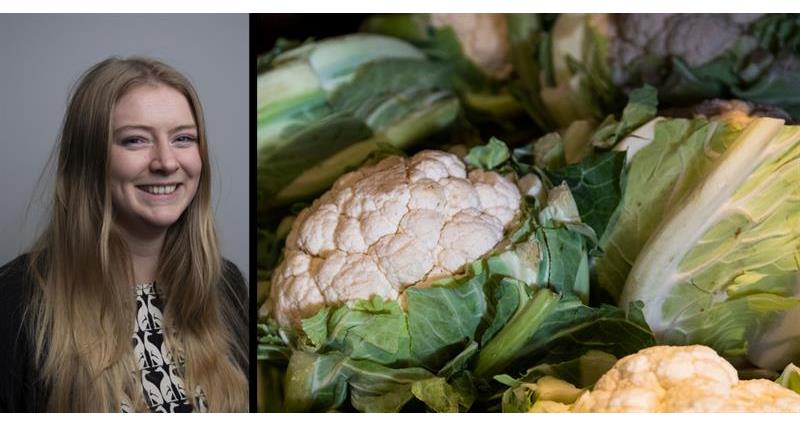Last summer we were reporting on the impact of the drought across the UK and this summer the tables have turned with wet weather at the top of the agenda for many farmers and growers. The impact of extreme weather has been felt particularly strongly by brassica growers, particularly across Lincolnshire, the British brassica growing hub.
Heavy rain has destroyed cauliflower crops, as well as impacting cabbages, sprouts and broccoli in Lincolnshire, while heatwaves across Europe has caused their brassica crops to wilt. This is already causing a significant squeeze on brassica supplies, with many reporting empty supermarket shelves and restaurants being advised to adapt their menus to account for the shortage.
The British Growers Association stated “Crops can withstand a reasonable amount of variation in weather but the conditions in June were too much and as a result crops have suffered, and this is leading to a shortage of supply.”
This tightening supply will drive retail prices up, with the impacts of this being keenly felt by growers. Supply has already been dropping as more growers turn to more profitable crops. Those still growing brassicas will likely be forced to buy in from America or the continent (for up to four times the price) in order to meet contract. The financial impact of this cannot be overlooked.
Chief Executive Jack Ward said “There is a danger we take food production for granted and expect our supply chains to deliver irrespective of condition.”
Food production has always been subject to volatile weather; as NFU Horticulture and Potatoes Board Member David Long recently put it “Gambling – we all do it”. However the rising risk from weather events such as droughts and floods, coupled with the political uncertainty of Brexit and the impact it will have on our supply chains (including the effect of 0% tariffs), is a whole new level of unpredictability for growers. Last year the NFU Fruit and Veg Pledge was a vital tool in supporting growers via strong supply chain interaction. Again the wet weather this summer underlines the importance of such initiatives, and why it is vital we back home production through good supply chain relationships and support during extreme weather events.
